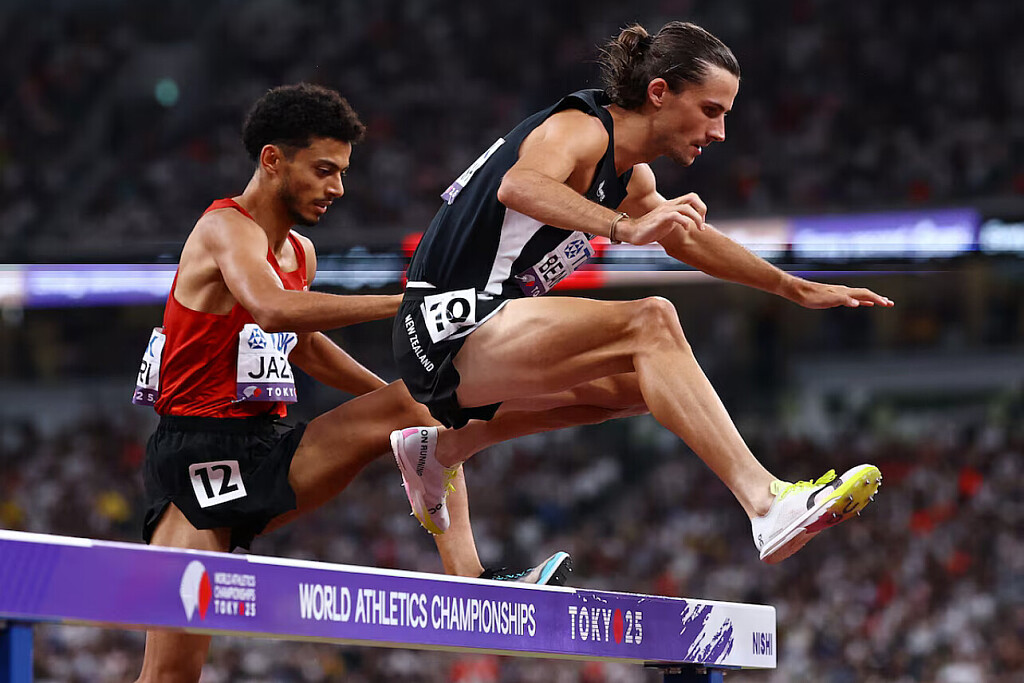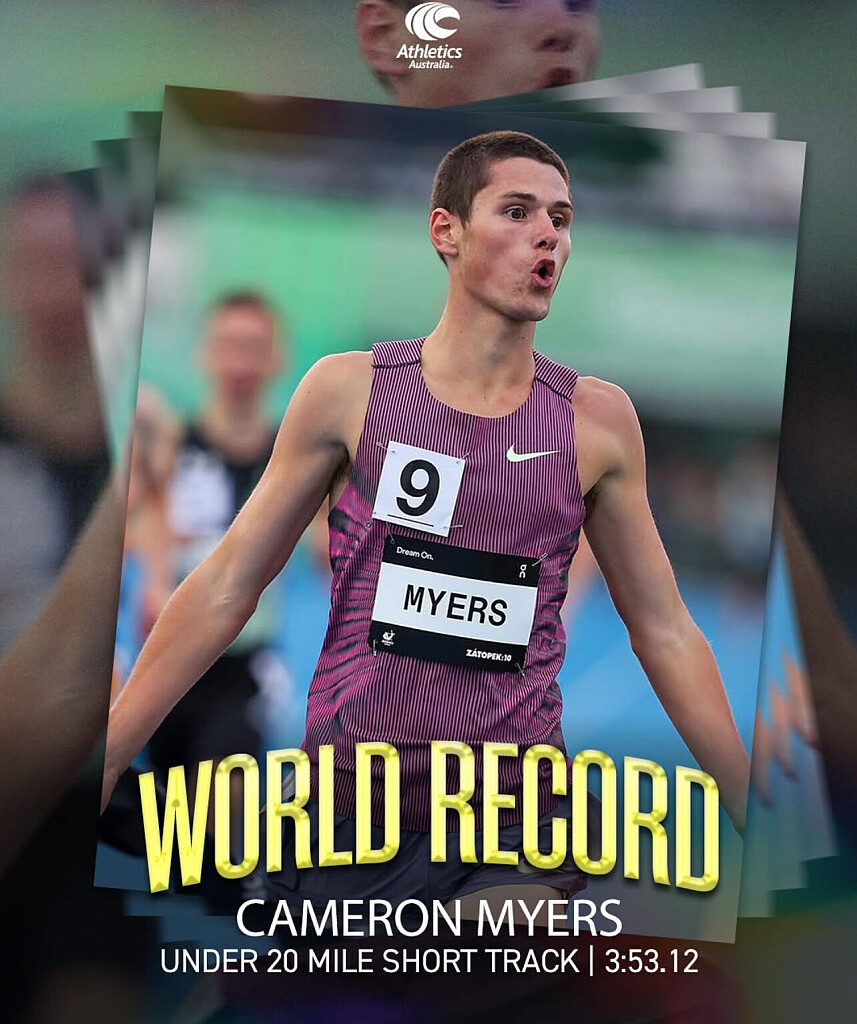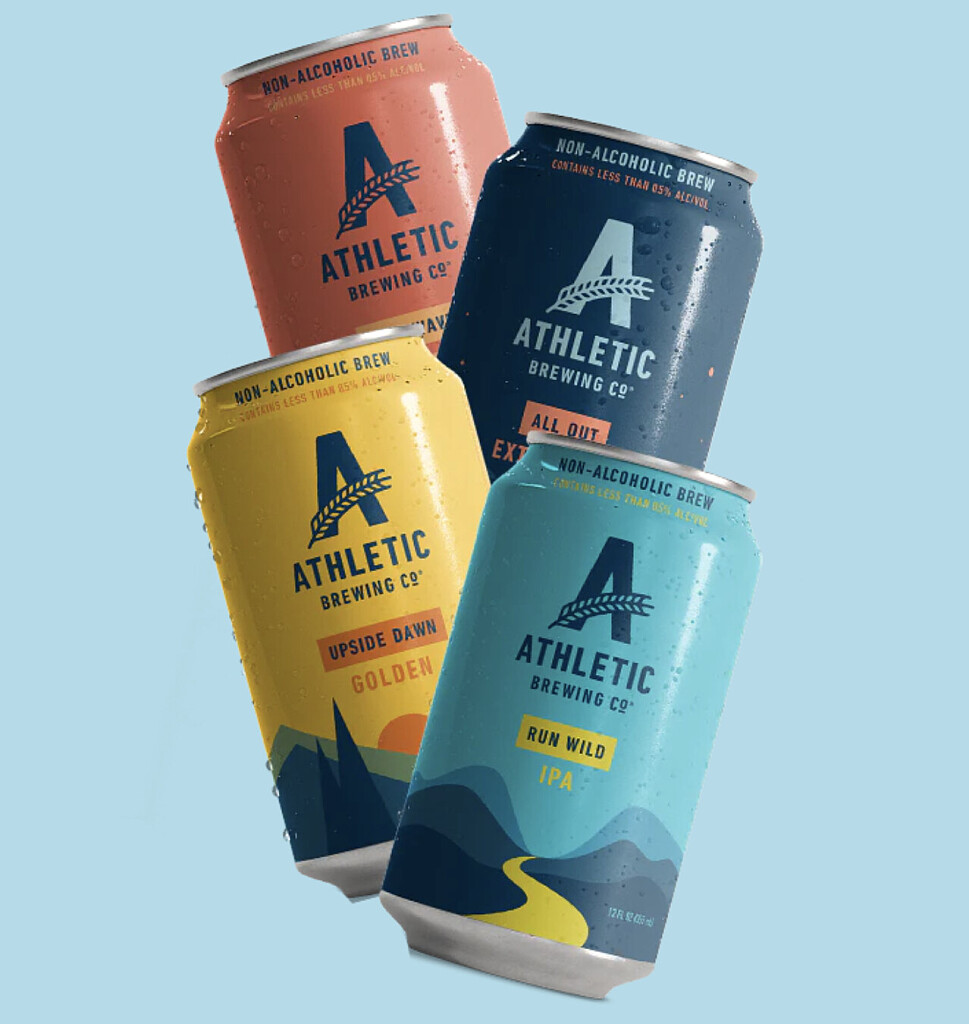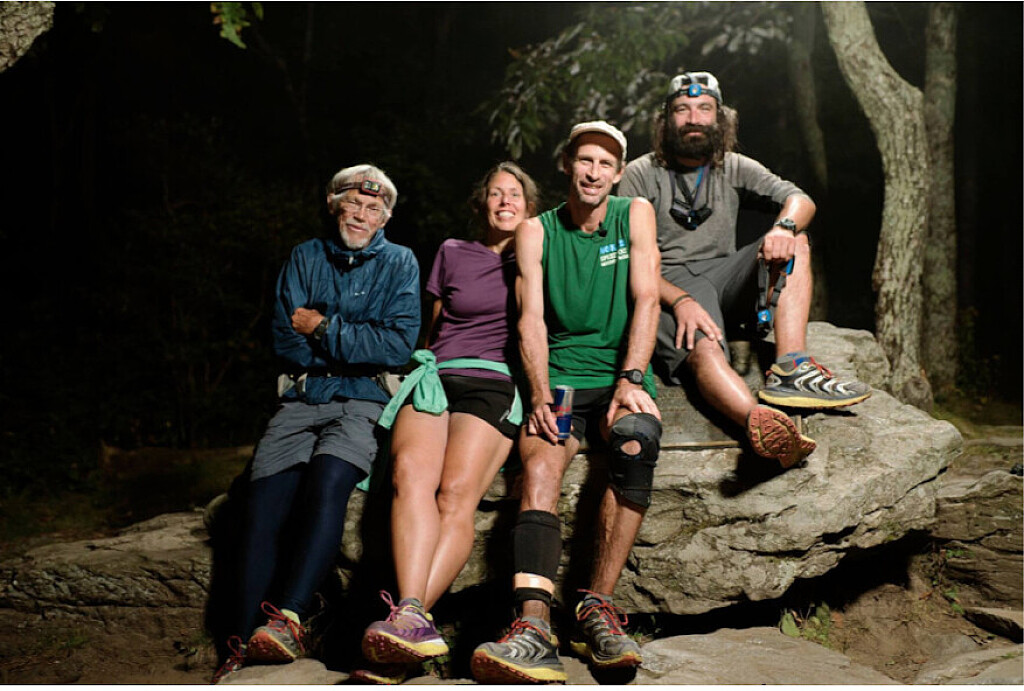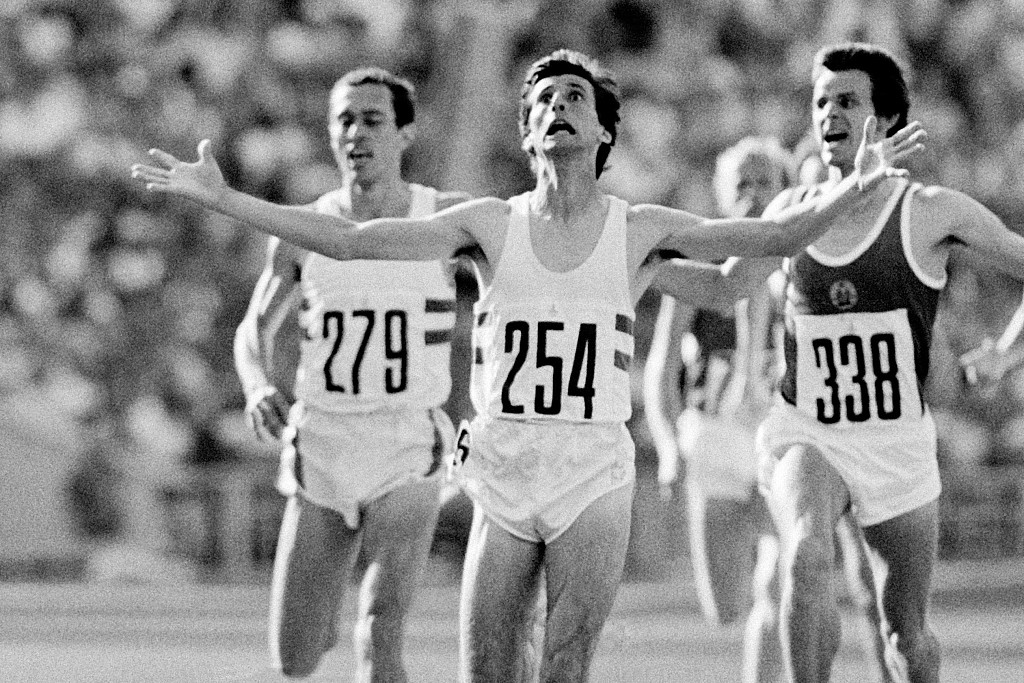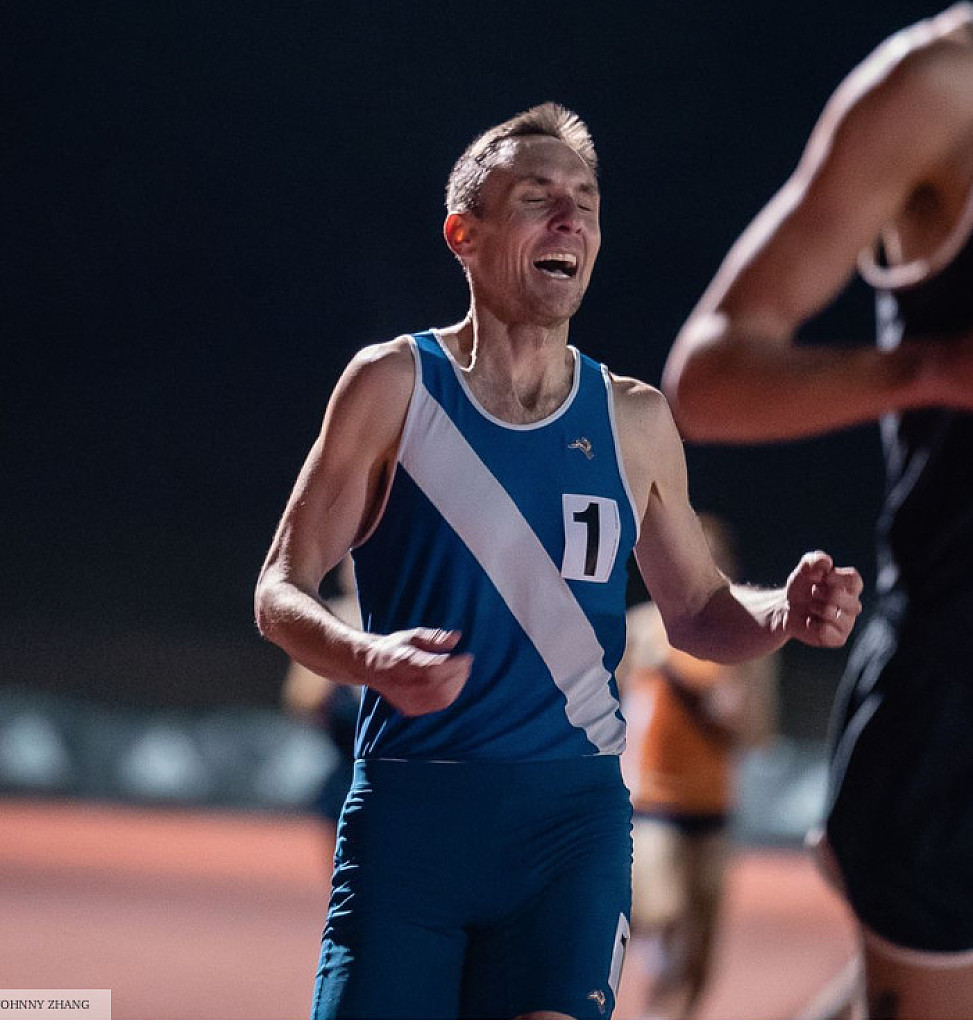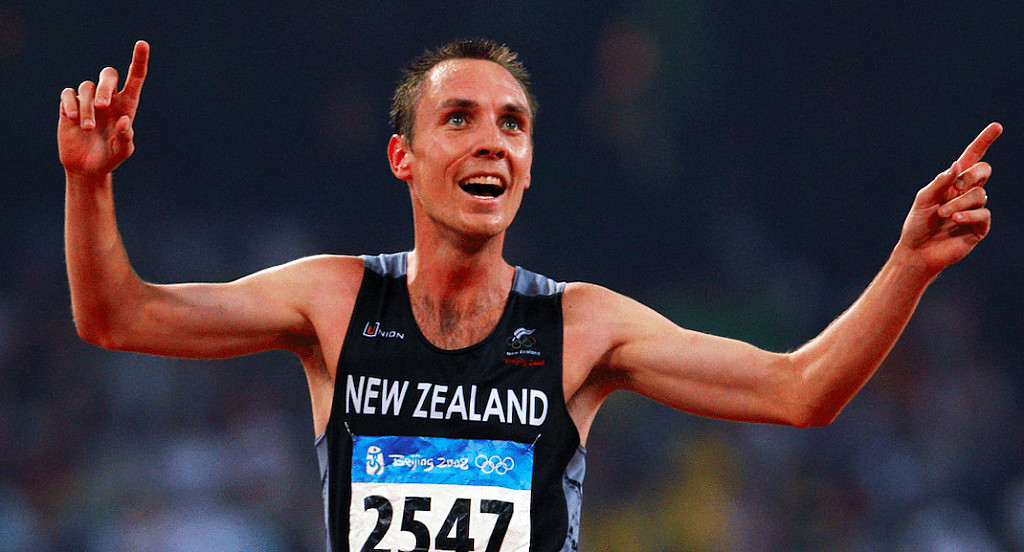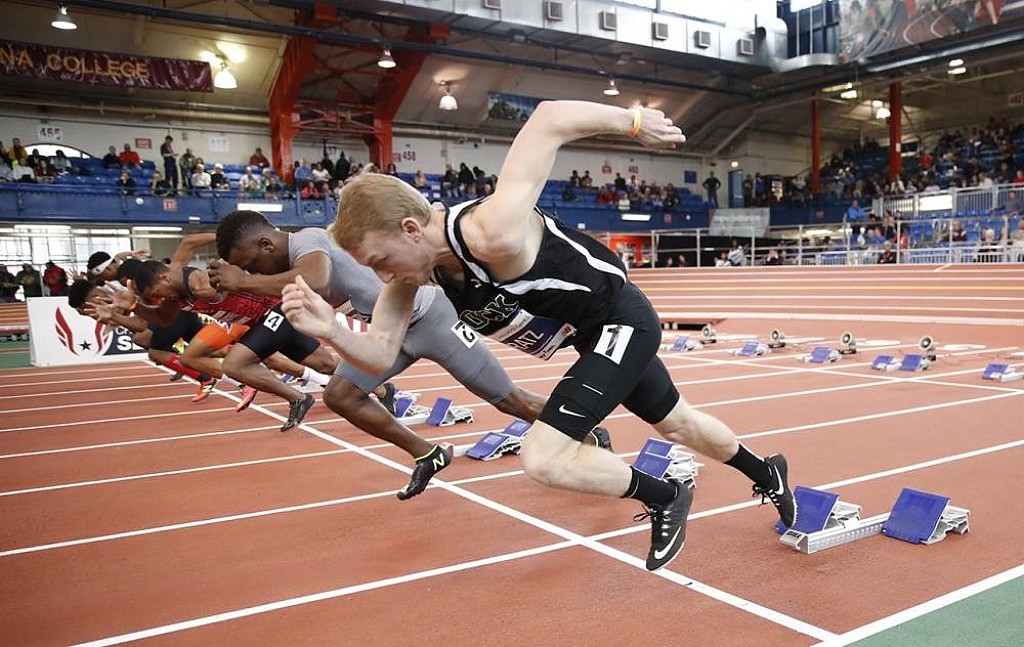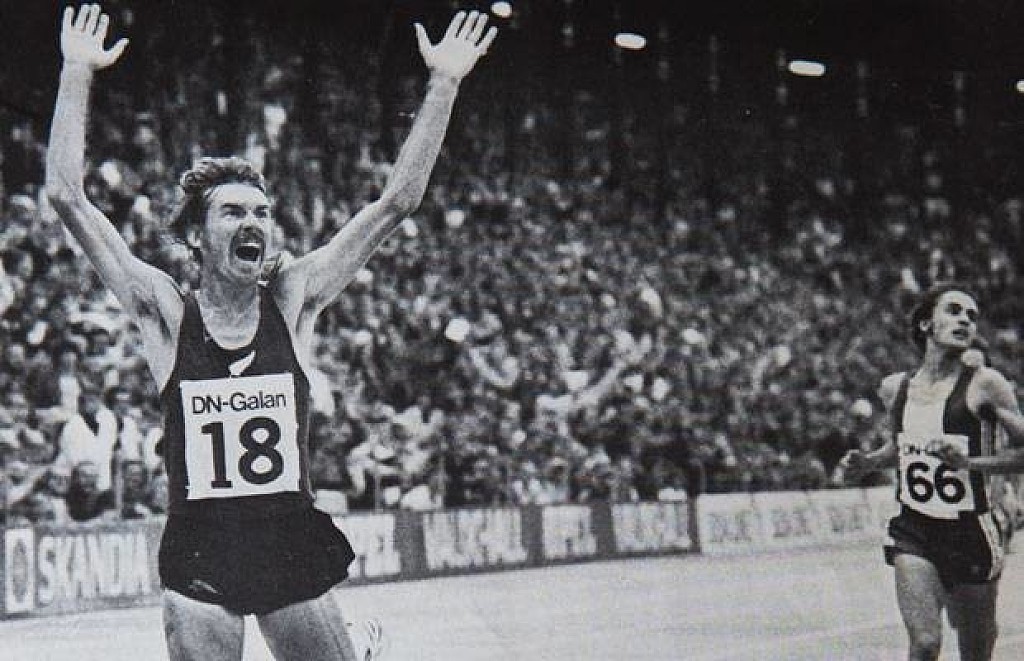Running News Daily
Running News Daily is edited by Bob Anderson. Send your news items to bob@mybestruns.com Advertising opportunities available. Train the Kenyan Way at KATA Kenya and Portugal owned and operated by Bob Anderson. Be sure to catch our movie A Long Run the movie KATA Running Camps and KATA Potato Farms - 31 now open in Kenya! https://kata.ke/
Index to Daily Posts · Sign Up For Updates · Run The World Feed
Articles tagged #John Walker
Today's Running News
Geordie Beamish Rises from a Fall to World Champion Glory in Tokyo
Tokyo, September 15, 2025 — New Zealand’s Geordie Beamish produced one of the most dramatic victories of the World Athletics Championships, storming to gold in the men’s 3000m steeplechase. His winning time of 8:33.88 edged Morocco’s reigning champion Soufiane El Bakkali by just 0.07 seconds, with 17-year-old Kenyan Edmund Serem taking bronze in 8:34.56 .
This is a breakthrough moment for New Zealand athletics: the nation’s first-ever outdoor World Championships track gold .
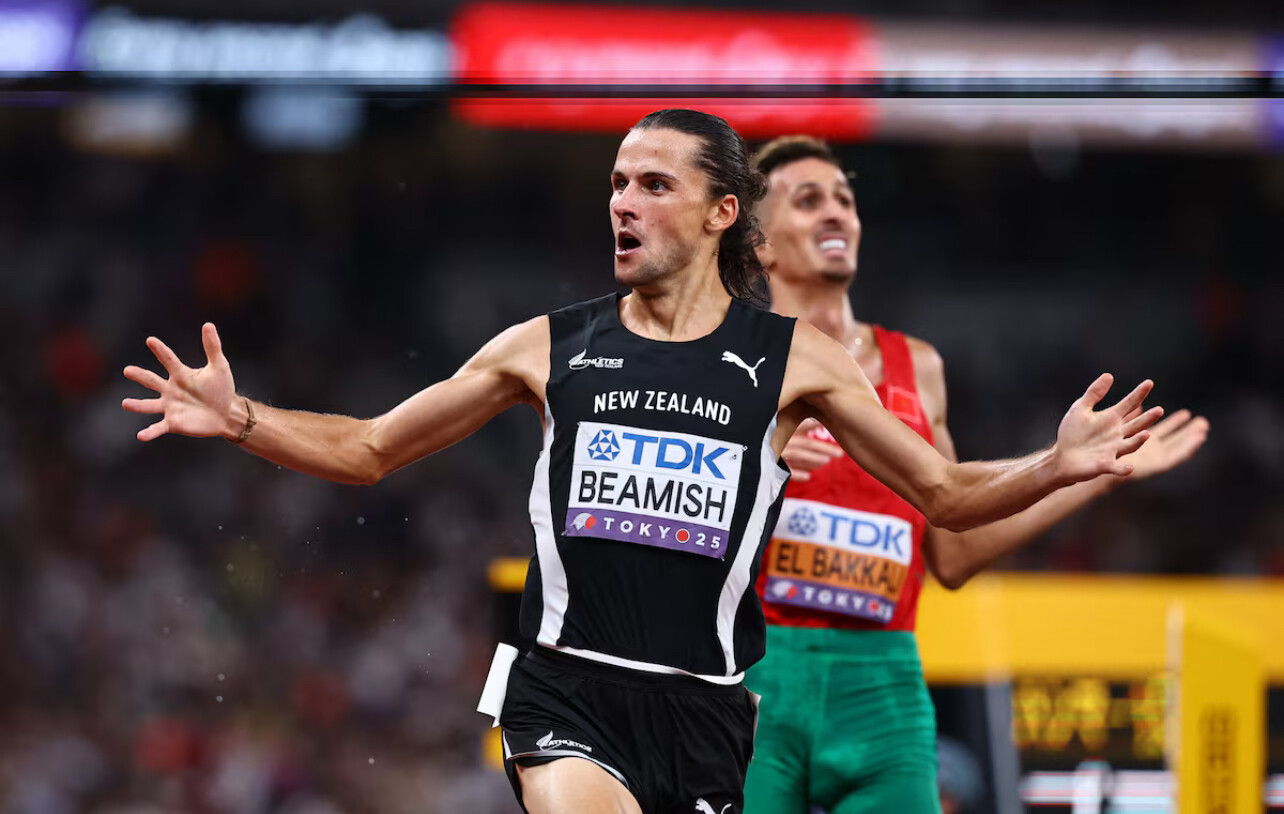
A Tactical Race Decided at the Line
The steeplechase final unfolded at a controlled pace, leaving the medals to be decided in the closing laps. El Bakkali, a two-time Olympic and world champion, looked ready to add another title. But Beamish, renowned for his devastating kick, stayed composed.
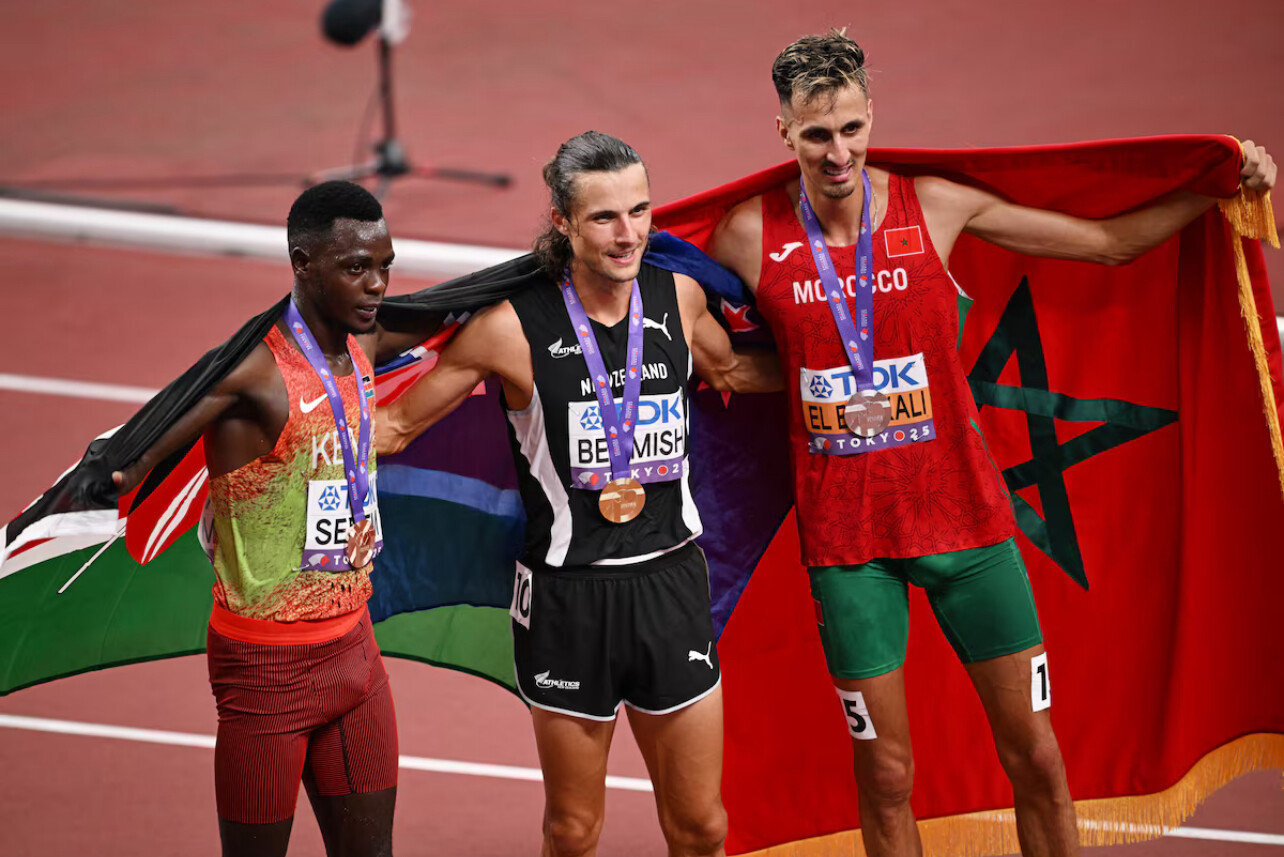
On the last lap, he surged through the field, matching El Bakkali stride for stride. Off the final water jump, Beamish unleashed one last burst of speed. In a thrilling lean at the line, he dethroned one of the event’s greats.
A fall and a spike in the heats
Beamish’s victory was even more remarkable considering his rough path to the final. In his qualifying heat, he fell heavily and was stepped on in the face, yet managed to get up and finish second to advance .
That resilience set the tone for his gold-medal run.
Who Is Geordie Beamish?
• Born: October 24, 1996, in Hastings, New Zealand
• Club: On Athletics Club (based in Boulder, Colorado)
• Coach: Dathan Ritzenhein
• Specialties: 1500m through 5000m, and now the steeplechase
• Career highlights:
• 2024 World Indoor Champion in the 1500m (Glasgow)
• Oceania record holder in the 3000m steeplechase (8:09.64, Paris, 2024)
• Fifth in the 2023 World Championships steeplechase final
Beamish’s late move to the steeplechase has transformed his career, turning him from a versatile miler into a global champion.
This was a big upset
Beamish’s Tokyo win not only toppled El Bakkali’s reign but also put New Zealand back on the map of world middle-distance running. For a nation that once celebrated icons like Peter Snell and John Walker, this is a new chapter in the sport’s history.
With the 2028 Los Angeles Olympics on the horizon , Beamish has proven he has the strength, resilience, and tactical brilliance to contend for more global medals.
by Boris Baron
Login to leave a comment
Cameron Myers Shatters World U20 Indoor Mile Record with 3:53.12 Victory in New York
Eighteen-year-old Australian sensation Cameron Myers has rewritten history books, taking nearly two seconds off the world U20 indoor mile record with a stunning 3:53.12 victory at the Dr. Sander Invitational in New York on Saturday Jan 25.
Competing in his first-ever indoor race, Myers showcased exceptional poise and talent, holding off fierce competition from Kenya’s Festus Lagat and Britain’s Adam Fogg to secure the win at the World Athletics Indoor Tour Bronze meeting.
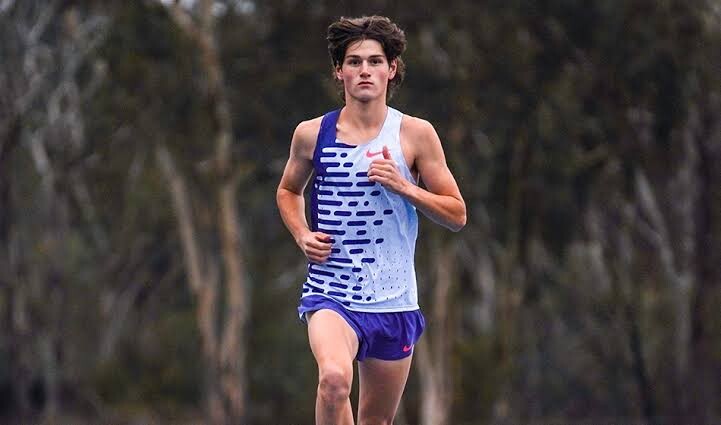
The race was a test of both speed and strategy. Myers maintained a calculated pace through the early laps before unleashing his signature finishing kick, edging Lagat by 0.37 seconds. Lagat crossed the line in 3:53.49, while Fogg took third with 3:53.86.
Myers’ groundbreaking performance obliterated the previous world U20 indoor mile record of 3:55.02, set by USA’s German Fernandez in 2009. Moreover, his 1500m split of 3:37.89 set a new Oceanian U20 indoor record, adding another accolade to his already glittering resume. The milestone places him eighth on the Oceanian senior all-time indoor list, trailing only legendary figures like 1976 Olympic 1500m champion John Walker.
A Rising Star of Middle-Distance Running
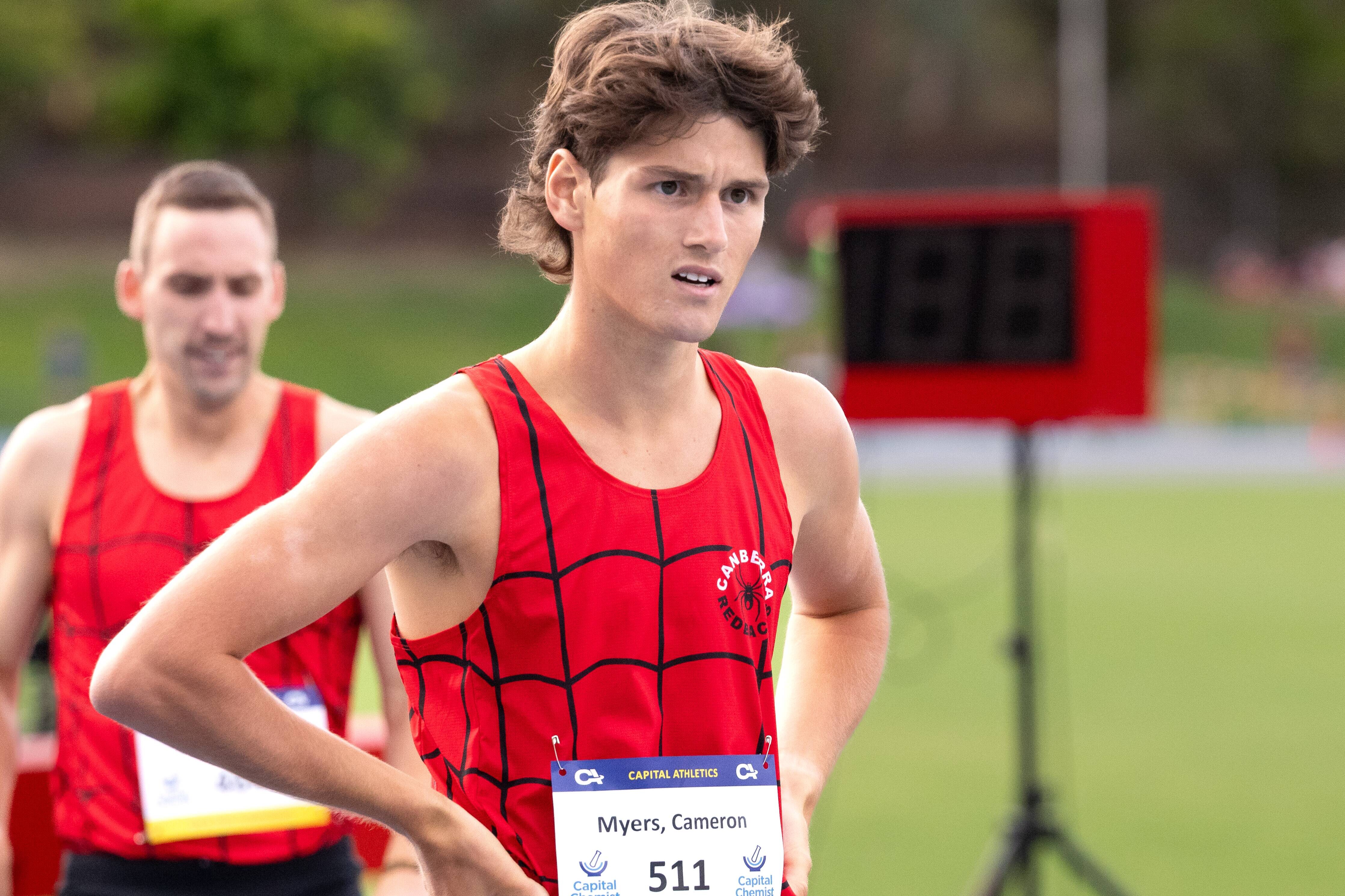
This latest achievement adds to an impressive string of records for Myers, who has consistently demonstrated his dominance on the track. Outdoors, he has set numerous continental age-group records, including a jaw-dropping 3:33.26 for 1500m, a 3:50.15 mile, and a 7:41.11 over 3000m achieved just last month. These feats have established him as one of the brightest young talents in global athletics.
Myers’ victory in New York marks a significant step forward in his career and hints at even greater potential in the years to come. Speaking after the race, the young star reflected on his achievement: "This was my first indoor race, so I wanted to approach it with focus and determination. Breaking the record is surreal, but it’s just the beginning."
A Glimpse into the Future
With his eyes set on continued success, Myers has proven he can compete with the best in the world. His ability to excel across different distances and surfaces underscores his versatility and determination to reach the top of the sport. At just 18 years old, Myers has not only etched his name in the record books but also inspired a new generation of athletes to dream big.
As the track and field world celebrates this remarkable milestone, all eyes will be on Cameron Myers as he continues to push boundaries and set new standards in middle-distance running.
by Boris Baron
Login to leave a comment
Are Non-Alcoholic Beverages the Future of Post-Race Recovery?
Imagine your favorite post-run beer, maybe a piney or grapefruity IPA. Or perhaps you prefer wine, in search of that perfect, full-bodied red or crisp chardonnay. For many endurance athletes, imbibing in these post-training drinks is a primary ritual to celebrate their work, to congregate with friends over libations after a hard session.
But while adult beverages can be, in moderation, a healthy and fulfilling part of any endurance athlete's diet, many runners have begun reaching for non-alcoholic (NA) alternatives instead, for several reasons. Though they still only make up a small percentage of the market, NA beverages are more widely available, and delicious, than ever. And that's not slowing down. According to a recent market analysis, the growth of NA beer is expected to go up by 6 percent in the next decade.
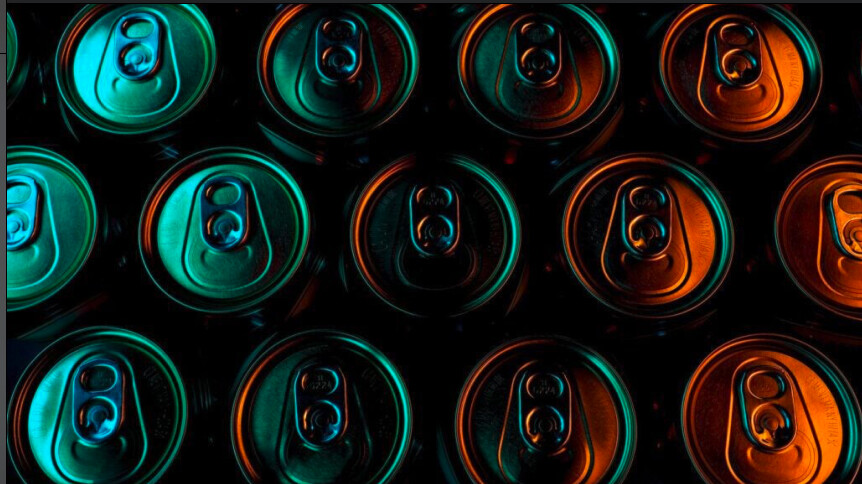
So, why the transition? Are there specific benefits to overall wellness and recovery, specifically for runners? Let's break down the nutrition, health, and performance implications of alcohol, and look at ways that non-alcoholic options might offer an alternative.
Immune System
During exercise, the body undergoes training stress which increases inflammation and risk of infection. Add in alcohol and it could spell a recipe for more cold and flu incidences. In a 2012 study on a group of runners in Medicine and Science in Sport and Exercise, non-alcoholic beer consumption regularly, pre- and post-marathon, resulted in a reduction in inflammation and reduced incident of upper respiratory infections. Polyphenols, antioxidants also found in beer and wine, were attributed to the effects and suggest that non-alcoholic beverages could offer more than just a solid rehydration option for endurance athletes. Opting for an NA option might just strengthen the immune system and save runners from missing out on consistent training due to sickness.
Glycogen Synthesis
In order to have carbohydrates available to the body for energy production when needed, the body stores some in the muscles and liver, in the form of glycogen. Faster glycogen replenishment rates are beneficial for endurance runners wanting to reduce muscle soreness and improve the ability to get back out there and train the next day. While more research is needed, current studies indicate that glycogen replenishment rates may be impaired by post-exercise alcohol consumption. While both alcoholic and non-alcoholic beverages provide post-workout carbs, grabbing an NA beverage could allow runners to take full advantage of filling up those post-workout glycogen stores.
Muscle Recovery
Trying to optimize post-exercise muscle protein synthesis rates (or rate of muscle repair and rebuilding) can offer benefits to the trail runner who wants to try to avoid injury and build strength to handle off-road training stressors. Alcohol can inhibit protein synthetic pathways, which has been demonstrated in strength athletes post-lifting. Instead, athletes can combine an NA beverage with a post-run protein shake for an optimal post-workout recovery option. This, along with studies on how alcohol affects heart rate variability and sleep quality, provide a strong case to incorporate non-alcoholic alternatives into any endurance recovery program.
Here Are Some Favorite Non-Alcoholic Beverage Options:
Gruvi Wine and Beer
This Colorado-based NA beer and wine company has a mission of giving an option for those who don't want to miss out on social events, but also want to make choices to benefit health, wellbeing, and adventures. To brew their beer, they use a process called "arrested fermentation," which stops the fermentation process before alcohol is produced. The wines use a vacuum distillation process to remove alcohol from their carefully chosen grape products.
Best Day Brewing
Born in Northern California, this brewer believes in "celebrating the now," a nod to celebrating life's positive moments. They've got three tasty options, including two IPAs and a Kolsch to satisfy your palate.
Athletic Brewing
This is one of the original NA craft brew options. Athletic Brewing was born in 2017 out of a love for athletic activity and great suds. Founded by partners Bill Schufelt and John Walker, Athletic Brewing now has NA brewing facilities on both the east coast and the west coast. With over ten varieties of beer and many Special Edition brews, Athletic Brewing is at the top of the game in the NA beer world.
Parch Cocktails
If you are looking for an alternative to NA beer, look no further than Parch. The company developed their NA cocktails with Southwestern and Mexican cultures in mind. Full of flavor, the beverages include a whole host of adaptogenic herbs (stress-balancing) including ashwagandha, l-theanine, and ginseng, that will satisfy any post-adventure celebration.
Partake Brewing
With a whole host of beer options (including fruit varieties), award-winning Partake was started by Ted Fleming, who was diagnosed with Crohn's Disease but didn't want to give up drinking as a social event. As a result, Partake was born. With options from a Red Ale to a Peach Gose, you will find anything to quench your thirst.
(Author's note: This article is not meant to shame anyone and their choices, but rather provide guidance on the benefits of choosing non-alcoholic beverages post-exercise.)
Login to leave a comment
The craziest active streaks in running
On Jan. 29, New Zealand’s Nick Willis ran another sub-4 minute mile at the NYC Millrose Games for the 20th consecutive year. This achievement is something only a few runners have come close to, which has sparked us to find the craziest active running streaks.
Nick Willis – 20 years of sub-4 minute miles
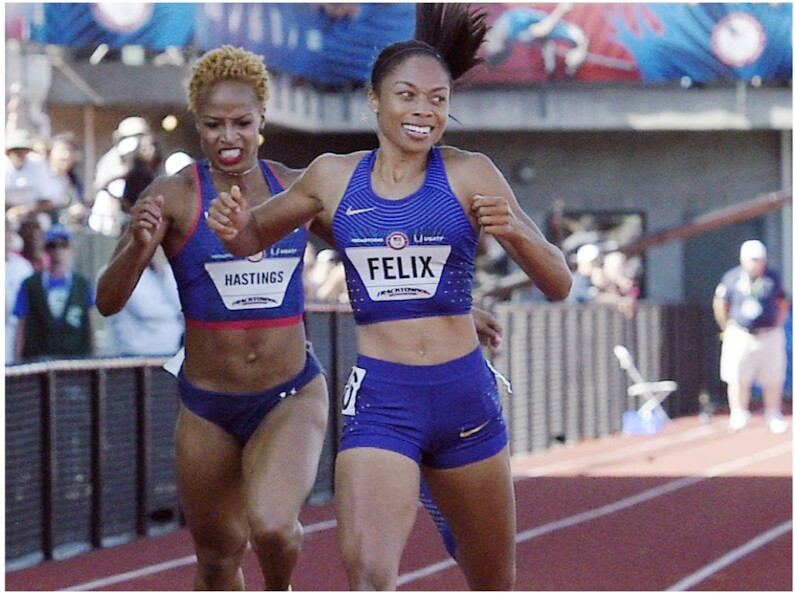
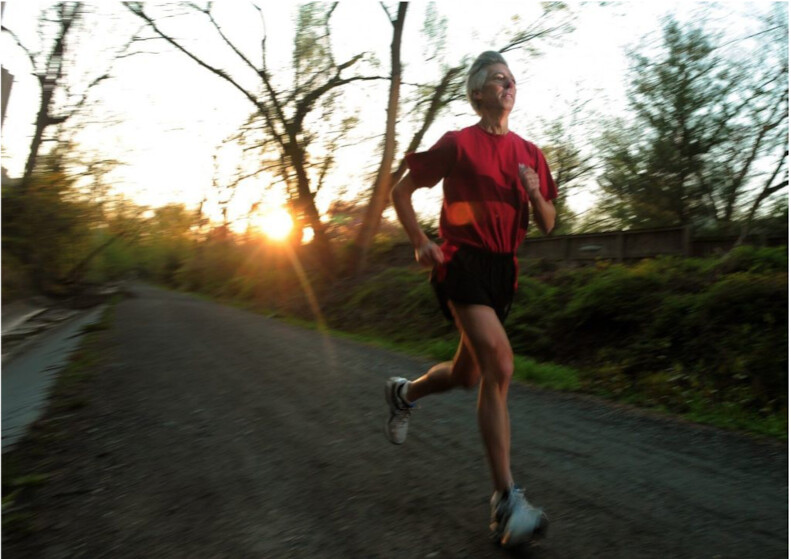
Willis first ran sub-4 during his undergrad at the University of Michigan in 2003 (3:58.15). At last weekend’s Millrose Games, Willis broke four minutes for the 63rd time in his career (3:59.71), which marked the 20th consecutive year he has run sub-4 miles. Willis is New Zealand’s only two-time Olympic medallist in the 1,500 metres, winning a silver medal in Beijing and bronze in Rio. In 2020, Willis passed his countryman, Sir John Walker, who previously held the consecutive sub-4 mile record of 18 years.
Simon Laporte – 46 years of running every day
At 46 years, the Notre-Dame des Prairies, Que. runner holds the longest active run streak in Canada. Laporte began his streak on Nov. 27, 1975, and hasn’t missed a day since. The 70-year-old run streaker has no plans to stop anytime soon, and he is planning for his streak to reach 50 in 2025. The longest active streak in the world is held by Jon Sutherland of Utah. Sutherland’s run streak of 52.7 years recently passed the legendary record set by Ron Hill (52.1) last year.
Streak Runners International (SRI) says for runs to qualify as a streak, they must cover at least one mile (1.61 kilometres) each day. The run may occur on the road, track, trails, or treadmill, but a minimum of one mile must be completed.
Lois Bastien – 41.8 years of running every day
Bastien holds the longest-standing women’s run streak record, at 42 years. She is now 79 and still runs every day in her home state of Florida.
Ben Beach – 54 consecutive Boston Marathons
Although Beach does not have the record for most Boston Marathon finishes (58), the 72-year-old marathoner does have the record for most consecutive Boston Marathons (54). Beach ran his first Boston in 1967 when he was 18. This year, Beach completed his 54th consecutive Boston Marathon, finishing in 5:47:27.
Allyson Felix – Five straight Olympic Games with a medal in track and field
U.S. sprinter Allyson Felix is one of the greatest female Olympians ever. She has not only represented her country at five straight Olympic Games, but she has also medalled at all of them (seven gold, three silver and one bronze) – a feat that no other female athlete has accomplished in track and field. Although Felix intended that Tokyo would be her last Olympics, her streak will remain active until Paris 2024, where Jamaican sprinter Shelly-Ann Fraser-Pryce will get the chance to equal her at five consecutive Olympics with a medal.
Karl Meltzer – a 20-year streak of winning a 100-mile race
Meltzer, 54, has been on the elite ultramarathon scene for more than 20 years. With his most recent win this year at the Beast of the East 100-miler, he has won a 100-miler for 20 consecutive years, bringing his career total to 45 wins over 100 miles. This is an unprecedented number, and the only person who can top it (for now, at least) is Meltzer himself.
by Running Magazine
Login to leave a comment
Sebastian Coe's monumental 800 meters
June 10, 1981 remains a red-letter day in the long history of 800m running, for it was in Florence late that night that Sebastian Coe lowered his own world record from 1:42.33 to 1:41.73. Every world record is special, marking as it does an advance on anything previously achieved, but Coe's run was extra-special. That time would not be bettered for 16 long years, itself a record in the annals of the men's 800m event.
When strongly-built Alberto Juantorena won the 1976 Olympic title in a world record 1:43.50 it was widely thought that here was the man to revolutionize two-lap running. And yet, for all his speed (44.26 400m) and power, the Cuban succeeded only in clipping another few hundredths off the record with 1:43.44 at the 1977 Universiade. Instead it was the slight figure of Coe who has gone down in history as the athlete who, like Germany's Rudolf Harbig in 1939 and New Zealand's Peter Snell in 1962, pushed back the frontiers of 800m performance.
It was in 1979 that Britain's Coe established himself as one of the all-time greats of middle distance running when in the space of 41 days he shattered three world records. He started with 1:42.33 in Oslo on July 5, and was as shocked as everyone else by his time. After clocking his fastest 400m of 46.87 at the AAA Championships he returned to Oslo for the star-studded Dubai Golden Mile on July 17. Despite being practically a novice at the distance with a best time of 3:57.67, he moved into the lead shortly before the three-quarter mark (2:53.4) and then proceeded to cover the final quarter in 55.6. He had run 3:48.95, again astonished when told he had broken New Zealander John Walker's world record of 3:49.4. As he related later: "When I looked back twice in the final straight it was fear, it was panic, not pain, that I was feeling. I certainly wasn't in the slightest distress at the finish."
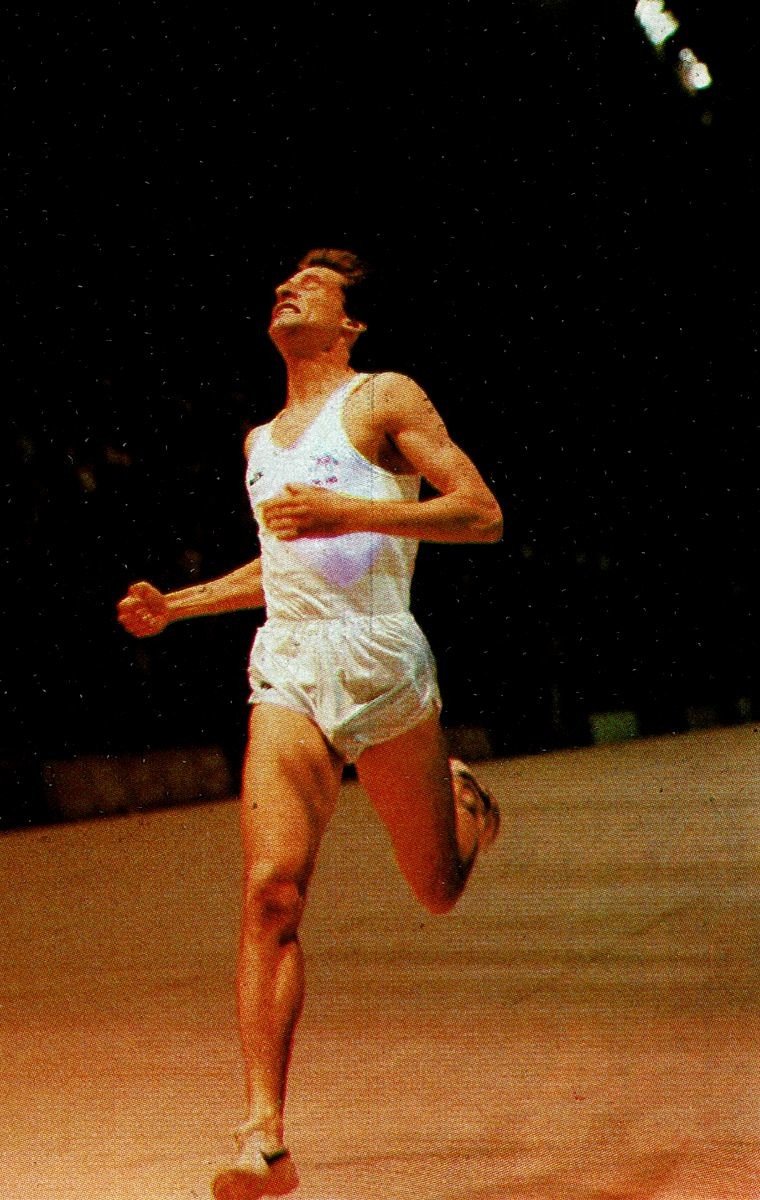
Record number three came about in Zurich on August 15. The target this time was the 3:32.16 1500m by Tanzania's Filbert Bayi. Elated by the knowledge that he had never been faster, having been timed at 45.5 for a 400m relay leg 10 days earlier, Coe shot off at a potentially suicidal pace by clinging to the pacemaker, sweeping through the opening 200m in 25.9 and 400m in 54.3. Before 800m (1:53.19) had been covered, Coe was on his own, nearly 20m ahead of the field. Instead of easing back on the third lap he covered that in 56.3 for 2:49.5 at 1200m and at the finish – almost five seconds clear – his time was a hard earned 3:32.03.
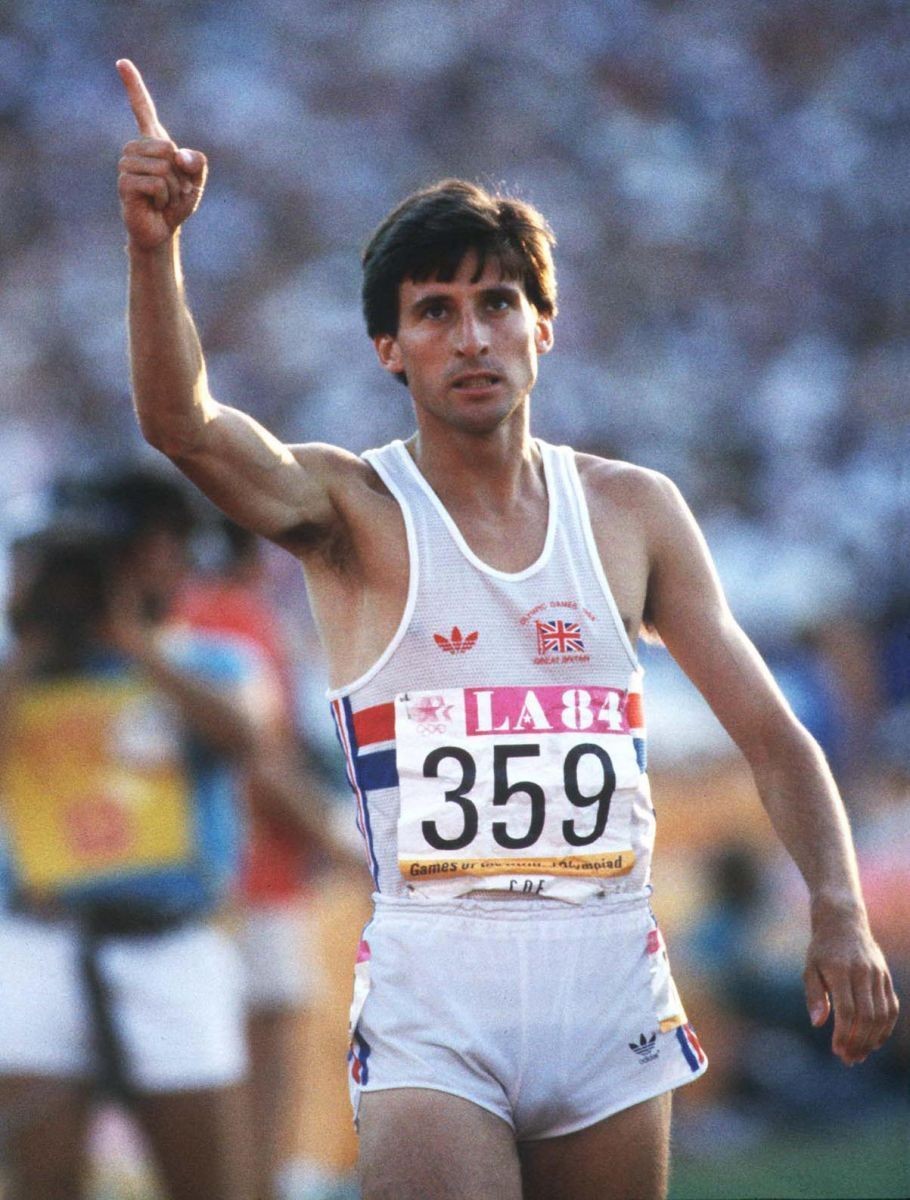
Coe's athletic immortality was sealed in 1980 when he triumphed in the Olympic 1500m in Moscow to make up for his 'disastrous' run in the 800m (a mere silver medal behind Steve Ovett) after adding to his portfolio of world records by covering 1000m in 2:13.40 in his first ever race at the distance.
And so to 1981. With no major title to aim for, the emphasis was on achieving spectacular 'one-off' performances. Asked how he had prepared during the winter, Coe replied: "My training mileage is slightly down but there's been more accent on speedwork. I'm going back to basics, trying to improve my 400m speed." That approach hadn't diminished his endurance, though, for he opened his indoor season by winning the UK 3000m title in a personal best of 7:55.2. Two weeks later he smashed the world indoor 800m record with 1:46.0. "I knew I was fit, but not that fit," he enthused.
A 46.9 400m and 46.3 relay leg on May 4 confirmed his speed was at a high level, and before his fateful appearance in Florence he won the Yorkshire county 800m title on May 17, in 1:46.5, an invitation 800m at Crystal Palace on June 3, in 1:44.06 followed two hours later with a 45.8 relay split from virtually a standing start, and as a final tune-up a 46.6 relay leg at Gateshead on 7 June. He traveled to Florence not expecting anything too special ... around 1:43/1:44.
His 800m race in Florence got under way after 11pm. Kenya's 19-year-old Billy Konchellah, then a 45.38 400m performer who would go on to become world 800m champion in 1987 and 1991, acted as pacemaker. In his slipstream Coe reached 200m in 24.5 and 400m in 49.7 and was perfectly set up for a super-fast time. Sensing Konchellah was about to flag, Coe forged ahead by 450m and after 200m splits of 24.5 and 25.2 he covered the next half-lap in a daring 25.3 for a remarkable 600m time of 1:15.0 – precisely 1:40 pace for the full distance. Inevitably he slowed towards the end but still managed a final 200m of a little under 26.7.
Coe's immediate post-race response: "I'm very happy about the result, but it was terrible waiting the 10 minutes for the official result. It's getting under 1:42 that is the great thing for me. It was as hard a race as I have run for a long time. In the last 30 meters I was beginning to tie up but apart from that there was no problem."
Coe went through that 1981 season undefeated, collecting further world records at 1000m (2:12.18) and mile (3:48.53 and 3:47.33). Other glittering performances would follow, notably a second Olympic 1500m triumph in 1984, but as a testimony to the quality of that 800m exploit in Florence note that even now, 40 years on, only two men have gone faster: David Rudisha of Kenya and Wilson Kipketer of Denmark.
by World Athletics
Login to leave a comment
Nick Willis Set a Record by Running a Sub-4 Mile for the 19th Straight Year. Here’s How He Did It
On January 19, Nick Willis wrote himself into the record books when he ran a 3:58.63 mile. His time marked the 19th consecutive calendar year that the 37-year-old Kiwi runner has clocked a sub-4-minute mile.
A middle-distance specialist, Willis has sub-4 miles every year since 2003—and even the two years before that, he clocked a 4:01 and 4:02. It wasn’t until 2019 that the record of consecutive years running a sub-4 mile even came onto Willis’s radar. Someone had mentioned that he was one year away from tying fellow countryman and running legend John Walker, who ran sub-4 miles for 18 consecutive years from 1973 to 1990.
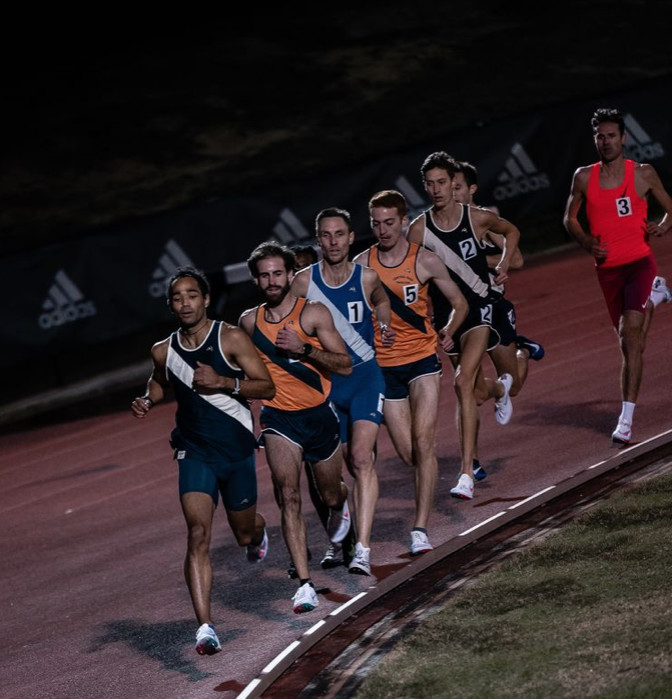
When he tied the record in 2020 at the New Balance Grand Prix in Boston, Willis realized he could get the obscure record if he could find a race—something made far more difficult because of COVID-19.
With some research, Willis found the Orange Winter Classic #1 in Orlando, Florida on January 19.
“I’m 37,” Willis told Runner’s World. “I’d rather try in January than in August when I’m eight months older.”
Because of the possibility of not having consistent track access at home in Michigan because of weather or the pandemic, Willis prepared for the event by spending the month between Thanksgiving and Christmas in Flagstaff, Arizona, training aggressively at altitude. A week before the race, back home in Michigan, Willis did a 1200-meter time trial that gave him confidence.
Normally, Willis said, the first race of the season is a bit rusty, but everything lined up right for his record attempt.
“I never felt comfortable, like I was on the edge of the red line the whole way,” Willis said about the race. “We were still able to do it though thanks to good pacing from pacemaker Victor Palumbo, who became the first American to run a sub-4 on an outdoor track in December on U.S. soil. He got us through three laps and did an incredible job.”
In the final 200 meters, Willis wasn’t able to get on the shoulder of eventual winner Mason Ferlic, but he hung on for second and a 3:58.63—good enough to grab the record from Walker. His splits were 1:01.64, 59.02, 59.30, and 58.68 on his way to breaking Walker’s record.
“[Walker] is very involved in local council now, so I’m sure he doesn’t care about this as a record at all,” Willis said. “Besides, he had the real mile world record [from 1975 to 1979].”
Willis’s longevity in the sport is unexpected. Over the years, he’s faced four surgeries, five stress fractures, pulled muscles, strained tendons, and countless minor injuries that have caused him moments of doubt.
He credits his coach, Ron Warhurst—also the head coach at the University of Michigan—and his wife, Sierra, for sticking with him through the highest and lowest times during his nearly two decades of competition.
“A lot of times, I would’ve walked away from the sport satisfied with what I achieved and they always thought there was more left in the tank,” Willis said. “What I did on Tuesday night was not without the unwavering support of them encouraging me. They are the ones who deserve the recognition.
As Willis has gotten older, he says the moments of motivation waver more than before. His motivation was at 90 percent most of the time in his younger years. As it has become tougher to compete with age, he says that number starts to waver toward 80 or 70.
“Tuesday was the first time I felt a lot of satisfaction crossing the line in the last few years,” he said. “I’ve felt frustrated because it doesn’t come as easy as it used to. Someone who finishes strong with a kick is what I’m known for and it’s been a struggle with why I can’t do that. I’m holding myself to unfair expectations. At 37, I can take a step back and look at it with a more relative perspective. Four minutes was the goal. I’m not a 3:50 miler anymore.”
The day after his record, Willis did what many great champions do and went to Disney World with Sierra and their two sons. He’ll be there for seven days while also squeezing in another race—an 800—on January 22. He has five races on tap in the coming weeks.
Because of the pandemic, he’s not sure how many races, especially indoor track races, will happen. However, he is hopeful to compete this winter, to make another New Zealand Olympic team, and to compete in some of the newly-formed Pro Track Series events this year. He also said he plans to ski and skateboard more.
As for his sub-4 streak, he’s not totally sure yet if it’ll continue.
“It seems like a crime to stop at 19,” Willis said. “I have a lot of other things these days. I’m working with Tracksmith now which has been a transition from just a pro running career to a corporate role. But if everything lines up, and I can still have some ski trips out west, I’ll definitely give it a shot.”
by Runner’s World
Login to leave a comment
New Zealand´s Nick Willis made history on Tuesday night by breaking 4:00 in the mile for the 19th year in a row
Nick Willis Sets World Record by Breaking 4:00 in the Mile for 19th Straight Year.
Willis, 37, ran 3:58.63 to finish second behind Mason Ferlic (3:58.05) at the Orange Winter Classic #1 meet in Clermont, Fla., breaking a tie with fellow New Zealand legend John Walker, who broke 4:00 for 18 years in a row from 1973-90.
Willis broke 4:00 for the first time on February 8, 2003, at the Meyo Invitational in South Bend, Ind., when he was 19 years old, and has broken 4:00 every year since, with a personal best of 3:49.83 at age 31 in 2014. He has also earned two Olympic 1500m medals during that span — a silver in 2008 in Beijing, and a bronze in 2016 in Rio.
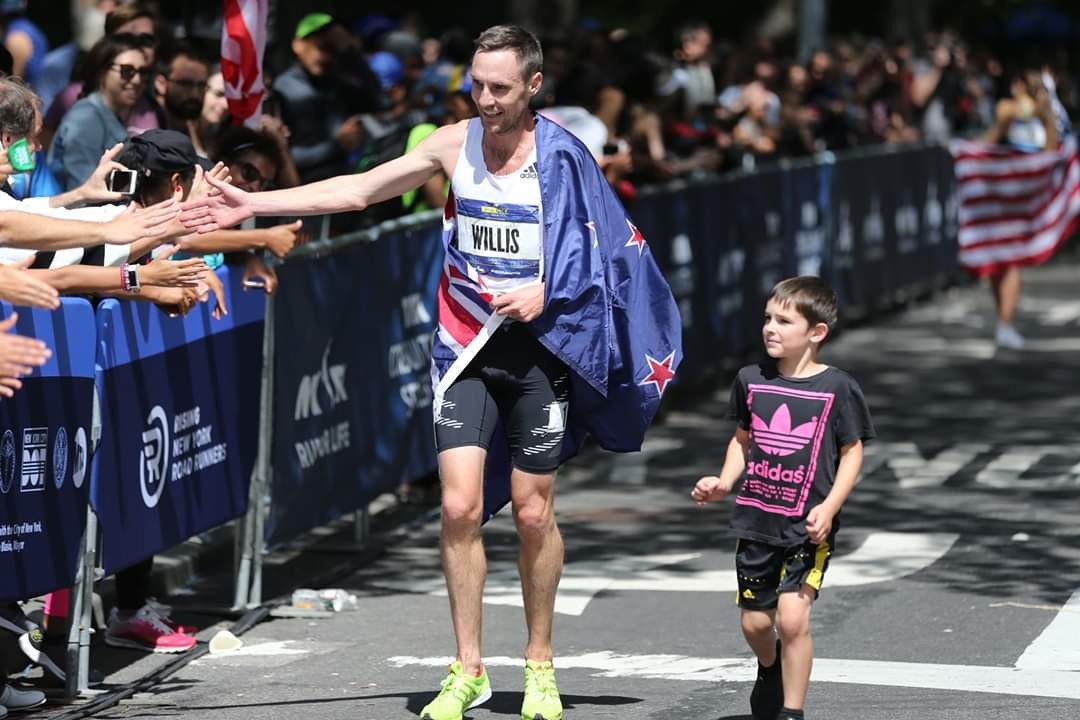
It’s also worth noting that Willis came close to starting his streak two years earlier, as he ran 4:01.32 as a 17-year-old in 2001 and 4:02.46 in 2002.
by Jonathan Gault
Login to leave a comment
The 113th NYRR Millrose Games will host the greatest array of talent ever assembled
The 113th NYRR Millrose Games will host many of the world’s best track & field men and women to perform on centre stage on February 8 at The Armory New Balance Track & Field Center in Washington Heights in New York City.
This year’s NYRR Millrose Games field is arguably the most talented overall since the meet moved to The Armory in 2012.
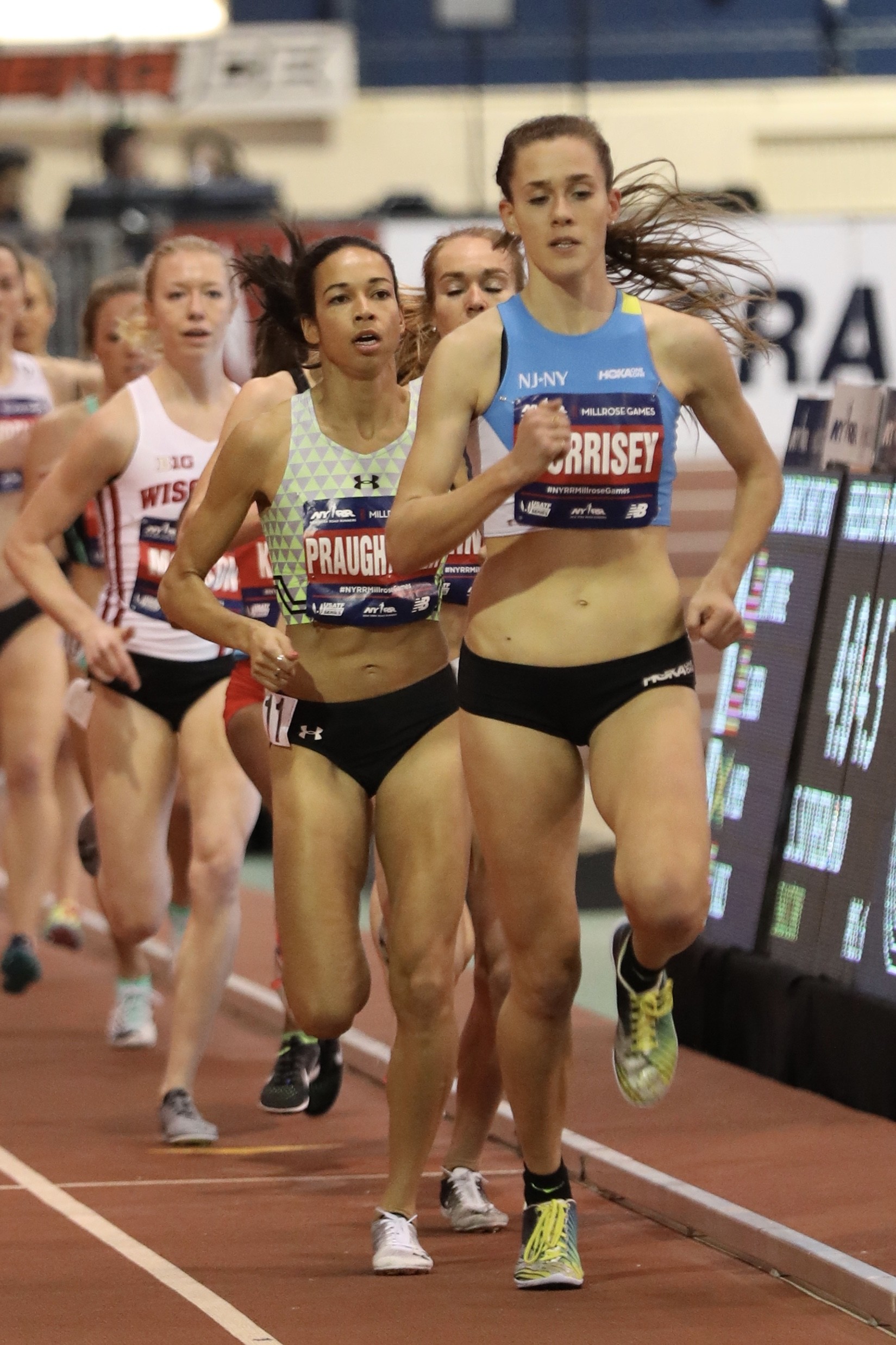
NYRR Millrose Games Meet Director Ray Flynn takes it one step further: “This year’s Millrose Games features probably the greatest array of talent ever assembled in its 113-year history.”
Moreover, 16 women and 15 men are Olympians in the 113th NYRR Millrose Games.
Allyson Felix headlines the women’s side. Felix is a six-time Olympic gold medalist and is the most decorated athlete in the history of track & field. She is entered in the Women’s 60m and has her sights set on the 2020 Tokyo Olympics this summer.
Joining Felix as the top women track & field athletes in this year’s NYRR Millrose Games are: Ajeé Wilson (competing in the Jack and Lewis Rudin Women’s 800m), the American Indoor and Outdoor record-holder in the 800m, two-time World Championships bronze medalist and two-time World Indoor silver medalist, Laura Muir (Jack and Lewis Rudin Women’s 800m), a four-time European Indoor champion and 2018 European 1,500m champion.
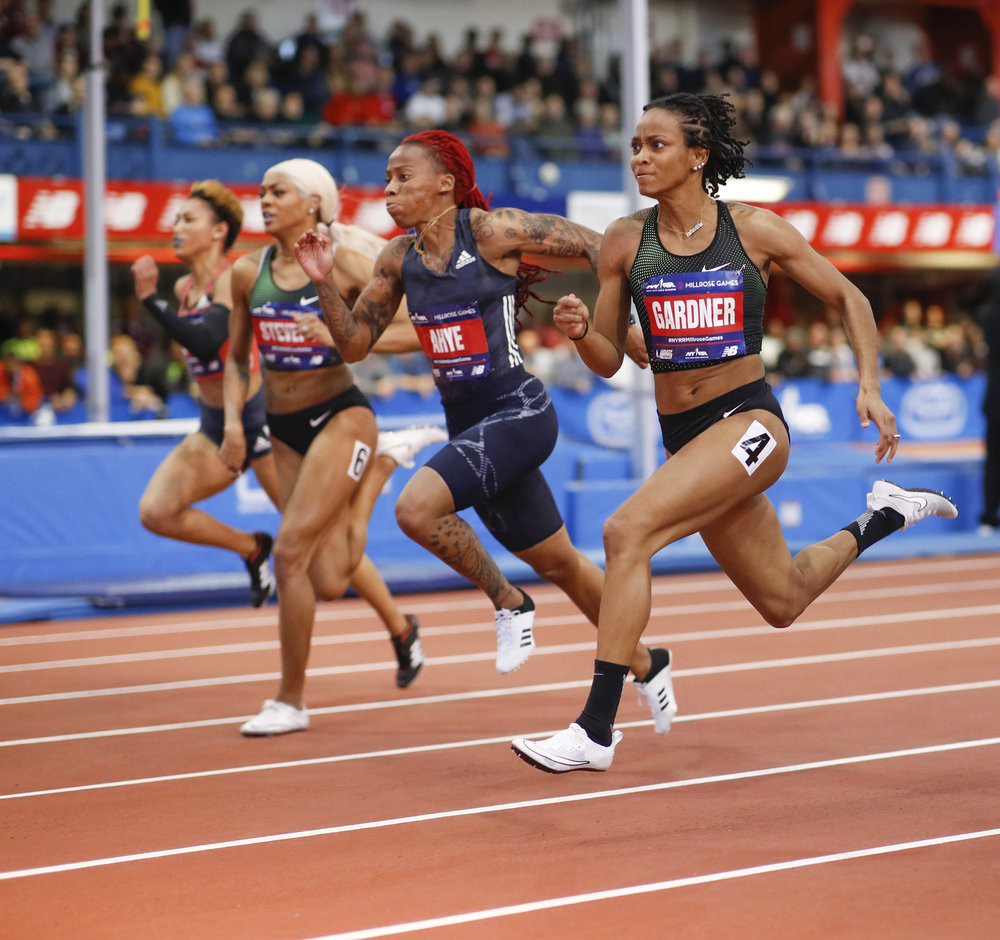
Sandi Morris (Women’s pole vault), the World Indoor champion in 2018 and 2016 Rio Olympics silver medalist, Kenni Harrison (Women’s 60m hurdles), the 100m hurdles world record holder, 2018 World Indoor champion and 2019 World silver medalist, Nia Ali (60m hurdles), 2019 World gold medalist in 100m hurdles and 2016 Rio Olympics silver medalist, Wadeline Jonathas (Women’s 400m), 2019 World Championships gold medalist in 4x400m Relay.
Konstanze Klosterhalfen (Women’s Wanamaker Mile), the defending Women’s Wanamaker Mile champion and 2019 World Championships bronze medalist in the 5,000m, Nikki Hiltz (Women’s Wanamaker Mile), 2019 World Championships 1,500m finalist and last weekend turned in a PR 4:29.39 to win the mile at the Dr Sander Invitational Columbia Challenge at The Armory, Elinor Purrier (Women’s Wanamaker Mile), the 2018 NCAA Indoor Mile champion, runner-up in the 2019 New Balance 5thAvenue Mile Presented by NYRR with a time of 4:16.2 on the heels of winner Jenny Simpson’s 4:16.1 and this past weekend set a personal-best 9:29.19 to win the two-mile race at the New Balance Grand Prix, Brittany Brown(Women’s 400m), 2019 World Outdoor Championships 200m silver medalist.
The top men competing for feature Ryan Crouser and Joe Kovacs, who will reprise last year’s duel in the men’s shot put from the centre of the infield. Crouser is the 2016 Olympic champion and 2019 World silver medalist, while Kovacs is the 2015 and 2019 World champion and the 2016 Rio Olympics silver medalist.
Other top men competing in the 113th NYRR Millrose Games include, Omar McLeod (Men’s 60m hurdles), 2016 Rio Olympics gold medalist, Grant Holloway (Men’s 60m hurdles), the 2019 World Championships gold medalist in the 110 hurdles, Ronnie Baker (Men’s 60m), 2018 World Indoor Championships bronze medalist in 60m and third fastest 60m in history.
Donavan Brazier (Men’s 800m) 2019 World Championship gold medalist and American indoor and outdoor record-holder in 800m; and in 2019 he broke the Indoor world record in 600m at USATF Championships, Michael Saruni (Men’s 800m), NYRR Millrose Games champion, NCAA record-holder and Kenyan Indoor 800m record-holder, Isaiah Harris (Men’s 800m), 2018 NCAA champion, Bryce Hoppel (Men’s 800m), 2019 NCAA champion and World Championships finalist, Rai Benjamin (Men’s 300m), 2019 World Championships silver medalist in 400 hurdles and 2019 U.S. Champion 400m hurdles.
Filip Ingebrigtsen (Men’s NYRR Wanamaker Mile), Norwegian National record holder in both the 1,500m and mile, and 2017 World Championships bronze medalist in 1,500m, Nick Willis (Men’s NYRR Wanamaker Mile), two-time Olympic 1,500m medalist, silver (2008) and bronze (2016). When Willis ran a 3:59.89 last weekend in the New Balance Grand Prix it marked the 18th consecutive year he ran a sub-4-minute mile, tying John Walker’s record. Willis won a record-breaking fifth title at the Fifth Avenue Mile last September, Chris O’Hare, (Men’s NYRR Wanamaker Mile), 2018 NYRR Wanamaker Mile champion, Eric Jenkins (Men’s NYRR Wanamaker Mile), 2017 NYRR Wanamaker Mile champion, Paul Tanui (Men’s 3,000m), 2016 Rio Olympics silver medalist in 10,000m.
Login to leave a comment
NYRR Millrose Games
The Pinnacle of Indoor Track & Field The NYRR Millrose Games, first held in 1908, remains the premier indoor track and field competition in the United States. The 2025 edition will once again bring the world’s top professional, collegiate, and high school athletes to New York City for a day of thrilling competition. Hosted at the New Balance Track &...
more...New Zealand’s Dick Quax has died at age 70. In 1977 he set a world record at 5000m
Login to leave a comment


